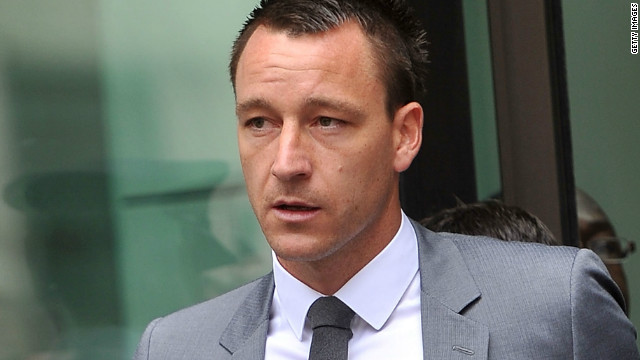Why Mayawati says history will never forgive Akhilesh Yadav

Lucknow: What Mayawati can, Akhilesh Yadav can do better. The Uttar Pradesh Chief Minister today changed the names of eight districts in the state, which had been earlier named by his predecessor, Bahujan Samaj Party supremo Mayawati.
And on expected lines, the former chief minister is crying foul. The BSP chief immediately accused the Akhilesh Yadav-led Samajwadi Party government of changing the names "with an ill will." She claims the districts were named after saints, gurus and Dalit icons during her regime.
"New districts were created during BSP regime and named after Dalit and Other Backward Classes (OBC) icons so that they always remain a source of inspiration for the society," Mayawati in a statement.
"But the present SP government has unnecessarily changed names of the districts with new ones that do not have any serious meaning. It is an insult to icons and to the society, and history will never forgive it," she said.
Mayawati said though reports of change in the names of districts were appearing in the media, she did not believe that the Samajwadi Party government would work "with an ill will" and go to the extent of insulting Dalit and OBC icons.
"The decision of the SP government is very painful and condemnable. I think that (by doing so) SP supremo Mulayam Singh Yadav and his Chief Minister son Akhilesh have got their names written in black letters in the pages of history," she said.
"My government never changed the name of any district, instead it created a new district and gave it an inspirational name," she added.
According to sources, while Chhatrapati Shahuji Maharaj Nagar, formerly known as Amethi, will now be known as Gauriganj, Rambai Nagar will be called Kanpur dehat. The names of Bheem Nagar, Prabuddha Nagar and Pancheel Nagar have been changed to Bahjoi, Shamli and Hapur respectively.
Similarly, names of Kanshiram Nagar, Mahamaya Nagar and JP Nagar have been changed to Kasganj, Hathras and Amroha respectively.
The cabinet, chaired by the chief minister, also restored the name of King George's Medical University (KGMU), which was changed to Chhatrapati Shahuji Maharaj Medical University in the Bahujan Samaj Party (BSP) regime.
38-year-old Akhilesh Yadav's role was instrumental in Samajwadi Party's massive victory during the state elections earlier this year. The Samajwadi Party win forced Mayawati into an embarrassing retreat. She left the UP Assembly to serve as a member of the Rajya Sabha.
Mayawati said though reports of change in the names of districts were appearing in the media, she did not believe that the Samajwadi Party government would work "with an ill will" and go to the extent of insulting Dalit and OBC icons.
"The decision of the SP government is very painful and condemnable. I think that (by doing so) SP supremo Mulayam Singh Yadav and his Chief Minister son Akhilesh have got their names written in black letters in the pages of history," she said.
"My government never changed the name of any district, instead it created a new district and gave it an inspirational name," she added.
According to sources, while Chhatrapati Shahuji Maharaj Nagar, formerly known as Amethi, will now be known as Gauriganj, Rambai Nagar will be called Kanpur dehat. The names of Bheem Nagar, Prabuddha Nagar and Pancheel Nagar have been changed to Bahjoi, Shamli and Hapur respectively.
Similarly, names of Kanshiram Nagar, Mahamaya Nagar and JP Nagar have been changed to Kasganj, Hathras and Amroha respectively.
The cabinet, chaired by the chief minister, also restored the name of King George's Medical University (KGMU), which was changed to Chhatrapati Shahuji Maharaj Medical University in the Bahujan Samaj Party (BSP) regime.
38-year-old Akhilesh Yadav's role was instrumental in Samajwadi Party's massive victory during the state elections earlier this year. The Samajwadi Party win forced Mayawati into an embarrassing retreat. She left the UP Assembly to serve as a member of the Rajya Sabha.
 Indian steel magnate Lakshmi Mittal, who is the main sponsor of the giant ArcelorMittal Orbit near the Olympics Stadium, will be among the individuals who will carry the Olympics Torch a day before the Games begin.
Indian steel magnate Lakshmi Mittal, who is the main sponsor of the giant ArcelorMittal Orbit near the Olympics Stadium, will be among the individuals who will carry the Olympics Torch a day before the Games begin.



